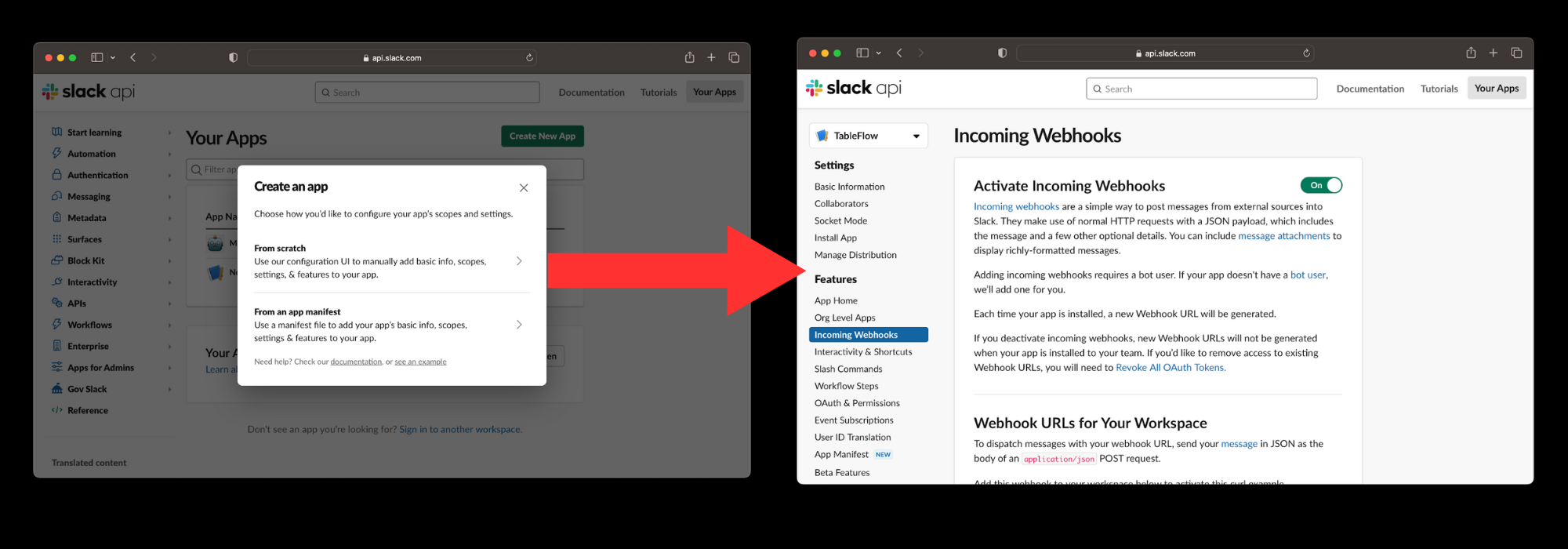Starting a startup is both exciting and challenging. The tech choices you make early on can shape your company’s future. As an entrepreneur, you need to think about many things. This includes setting up a solid technical base, making sure your product can grow, and keeping it safe.
Good product design and software architecture are key to a startup’s success. Getting help from tech experts can be the difference between success and failure.
Some big tech companies, like Airbnb and Tinder, were started by people without a tech background1. But, dealing with the tech world can be tough for non-tech founders. Knowing the software development lifecycle (SDLC) and picking the right tech stack are critical choices that can make or break a startup1.
Key Takeaways
- Having a clear tech vision and checking if there’s a market for your idea are key first steps.
- Planning well and using the 80/20 rule can help improve your product and save time and money.
- Listening to user feedback and analyzing data are important for finding ways to get better.
- Getting advice from tech experts can offer valuable insights and help avoid risks.
- Having the right tech foundation and infrastructure is crucial for growth and success.
Establishing the Right Technical Foundation
Starting a new business means picking the right tech stack is key. Agile development helps you quickly adjust to market changes and user feedback. Cloud solutions are also great for startups because they’re flexible and save money2.
Think about how your tech will grow with your business. Use DevOps to make your development and deployment smoother. This will help you get to market faster3.
Choosing Your Technology Stack
The tech you choose is very important. Think about what your business needs, who you’re trying to reach, and where you want to go. Use free or cheap tools to save money and manage costs3.
Infrastructure Planning and Scalability
Your tech needs will change as your business grows. Plan for this by making sure your systems can handle more traffic and data. Cloud solutions are good because they’re flexible and easy to manage3.
Security Considerations from Day One
Keeping your startup’s data safe and earning user trust is crucial from the start. Use strong security to protect your systems and data. Always check and update your security to stay safe from new threats2.
With the right tech foundation, you’re ready to launch a successful startup. It will be able to grow and adapt with the market4.
Smart Resource Allocation and Team Structure
Getting the right people on your team is key for a startup’s success. Having co-founders or partners with different skills can help share the work and bring new ideas. When looking to outsource, aim for talent that offers good value for the money5.
Make sure to check potential team members’ past work and see if they understand your goals. This is important.
Think ahead when hiring, considering your startup’s future needs. Big consulting firms often go after big, but startups might struggle to find the right fit because of budget5. Founders often focus on doing things rather than planning, which can clash with consultants’ views5.
To overcome these hurdles, startups should aim for a balanced team. This includes in-house staff, outsourced work, and freelancers6. Good planning and resource use are vital to ensure your team has the right skills for the changing market.
| Benefits of Effective Team Structure for Tech Startups |
|---|
| 1. Improved communication and collaboration |
| 2. Increased productivity and efficiency |
| 3. Better decision-making and problem-solving |
| 4. Enhanced adaptability and agility |
| 5. Stronger focus on core competencies |
| 6. Reduced operational costs |
| 7. Improved talent attraction and retention |
| 8. Increased scalability and growth potential |
| 9. Better risk management and mitigation |
| 10. Stronger competitive advantage |
A well-structured and resourced team is essential for success in data engineering and machine learning6. By aligning your team and resources, you can set your startup up for success56.
Startup Technical Consulting: Building Your MVP
Launching a startup means creating a Minimum Viable Product (MVP) first7. Adexin, a top startup consulting firm, has over a decade of experience in making MVPs. They aim to cut costs for startups7. MVPs let startups enter the market quickly, unlike full products7. Users focus a lot on the user interface (UI) in these early products7. The MVP coding process uses an agile software development method7.
Implementing the 80/20 Rule in Development
When making an MVP, focus on the most valuable features for users. The 80/20 rule helps startups prioritize their work. This way, they can deliver a product that meets the most critical needs8. Technology consultants are key in planning MVPs, helping to understand market needs and find the right audience8.
Balancing Features vs Time-to-Market
Startups need to balance essential features with quick launch times to get user feedback8. Consultants help choose the best technology stack, including programming languages and frameworks8. They ensure the MVP’s architecture is scalable and flexible, supporting core functions and future upgrades8.
Quality Assurance Framework
8 Consultants often suggest Agile or Scrum for MVP development. This ensures quality and follows best coding practices8. Prototyping and proof of concept help validate ideas before full development, reducing failure risk8. They also help with risk management and problem-solving during development8.
| Metric | Value |
|---|---|
| Startups launched globally per year | 305 million8 |
| Startup failure rate | 90%8 |
| Startup failures due to lack of market demand | 35%8 |
| Quibi’s funding and lifespan | $1.75 billion, 6 months8 |
Working with startup technical consultants helps founders through MVP development7. Adexin offers a “Grow Together” plan with lower rates for startups7. Their MVP services cover various industries, including logistics and supply chain7. They provide focused MVP development, including OMS, SAM software, and ERP software7. With their expertise, startups can build an MVP that meets their audience’s needs and sets the stage for growth78.
Strategic Partnership and Outsourcing Decisions
For startups, setting up the right technical base is key. But, making smart choices about partnerships and outsourcing is just as important. Strategic partnerships can give startups valuable resources, expertise, and market9 access. Outsourcing certain tasks can save costs and bring in specialized skills10.
When picking partners or service providers, it’s vital to check if they match your long-term goals and values. This ensures a good fit for your startup’s future.
Startups should watch out for early equity loss and keep control over key decisions9. Picking the right investors and partners who support your vision is key for growth9. When outsourcing, make sure to clearly outline project details to avoid misunderstandings10.
| Outsourcing Advantages for Startups | Considerations |
|---|---|
|
By smartly using partnerships and outsourcing, startups can get the software architecture and startup technical consulting they need. This helps build a strong tech base and lets startups focus on what they do best11. This strategy can lead to big savings, better operations, and access to specialized skills, helping your startup thrive11.
Conclusion
Successful startups know the value of making smart tech choices early on. They build a strong tech base to succeed in a tough market12. Working with consultants boosts their chances of success, thanks to the consultants’ networks, funding know-how, and marketing smarts12.
Technology and innovation consultants keep startups ahead. They help pick the best tools and solutions to stay competitive12.
Startups need to use resources wisely and have a good team to grow13. Consulting firms offer key help in market research, planning, finance, and improving processes. This helps startups deal with today’s business world13.
By using consultant advice, startups can create strong MVPs. They can also balance features with how fast they need to get to market. Plus, they can ensure their products are top-notch13.
As startups start their journey, making smart partnerships and outsourcing choices is key to their success14. Consulting firms help entrepreneurs with legal stuff, finding investors, and getting insights to tackle startup challenges14.
Being flexible and able to change based on market feedback is what makes startups thrive in the startup technical consulting and product design world14.





